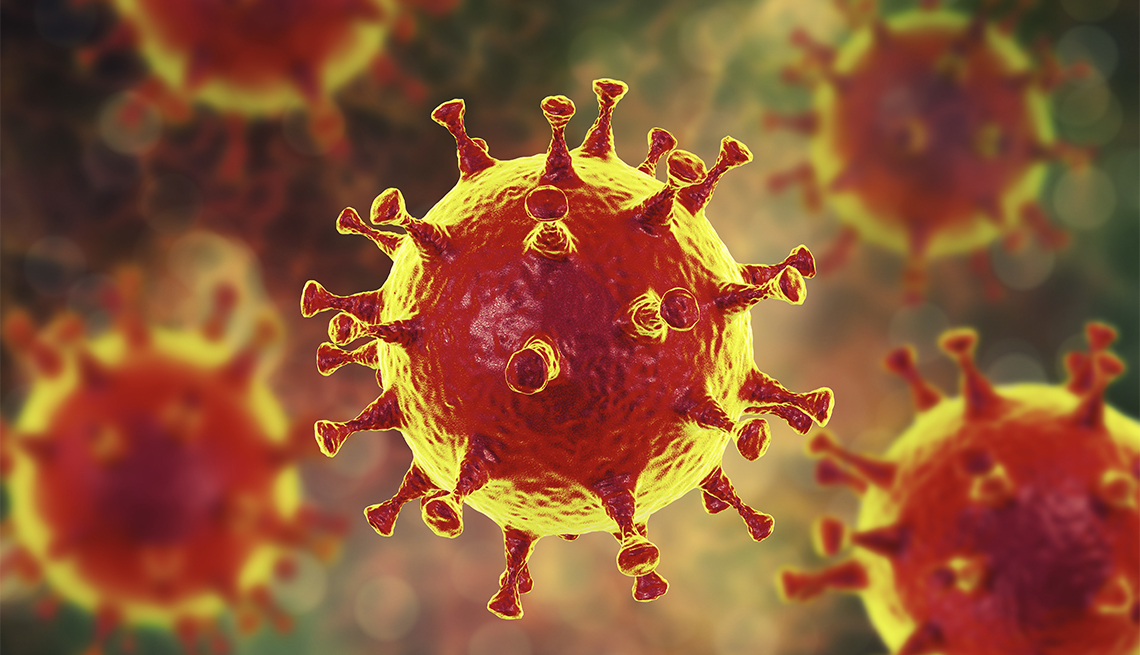As the world is seeing the new coronavirus variant Omicron, World Health Organization (WHO) on Saturday emphasized a critical scale-up of public health and social measures to control its further spread.
“Countries can – and must – prevent the spread of Omicron with the proven health and social measures. Our focus must continue to be to protect the least protected and those at high risk,” said Dr Poonam Khetrapal Singh, Regional Director, WHO South-East Asia Region.
According to an official release by WHO, the overall trouble posed by Omicron largely depends on three crucial questions-its transmissibility; how well the vaccines and previous SARS-CoV-2 infection cover against it, and how malign the variant is as compared to other variants.
“From what we know so far, Omicron appears to spread faster than the Delta variant which has been attributed to the surge in cases across the world in the last several months,” Khetrapal Singh said.
Arising data from South Africa suggests an increased threat of re-infection with Omicron, Khetrapal Singh said. She further stated that”there is still limited data on the clinical inflexibility associated with Omicron. Past information is demanded to completely understand the clinical picture of those infected with Omicron. We anticipate further information in the coming weeks.”
Omicron shouldn’t be dismissed as mild, Khetrapal Singh said, adding that indeed if it does beget less severe complaint, the sheer number of cases could formerly again overwhelm health systems. Hence, health care capacity including ICU beds, oxygen vacuity, acceptable health care staff and swell capacity needs to be reviewed and strengthened at all situations.
“We must continue to do it all. Protect yourself and protect each other. Get vaccinated, wear a mask, keep a distance, open windows, clean your hands and cough and sneeze safely. Continue to take all precautions even after taking vaccine doses,” the Regional Director said.
Make a pledge to help @WHO build a healthier, fairer and safer world for all people, no matter who they are or where they come from. We need to protect migrants’ health, rights and dignity as we strive to achieve #HealthForAll. pic.twitter.com/eMFObGhXOI
— Tedros Adhanom Ghebreyesus (@DrTedros) December 17, 2021
On the impact of the new variant on vaccines, Dr Khetrapal Singh said primary data suggests that that vaccine may probably have reduced effectiveness against infections by the Omicron variant. She further said, still, studies are underway to more understand the extent to which Omicron may shirk vaccine and/ or infection- deduced impunity and the extent to which current vaccines continue to cover against severe complaint and death associated with Omicron.
Encyclopedically, the epidemic is driven by the Delta variant, against which the vaccines continue to give a robust position of protection from severe complaint, hospitalization, and death. Hence, our sweats to gauge-up vaccination content must continue.
“Vaccines are an important tool in our fight against the pandemic, but, as we know, vaccines alone will not get any country out of this pandemic. We must scale up vaccination and at the same time implement public health and social measures, which have proven critical to limiting transmission of COVID-19 and reducing deaths,” the Regional Director said.
According to the release, public health and social measures include surveillance and response similar as testing, inheritable sequencing, contact dogging, insulation, and counterblockade. They include particular defensive measures similar as masks; physical distancing; avoiding crowded, unrestricted and confined settings; icing hand hygiene and respiratory form.
Physical distancing measures include regulating the number and inflow of people attending gatherings, maintaining distance in public or workplaces.











